(VHQN) - There are two ways to write songs about the homeland: The first way, more popular and seemingly more effective, is to directly mention places and customs... The second way, seemingly more "difficult" and abstract, is to indirectly mention, but still sound like the flavor and essence of that locality. Quang Nam - Da Nang (commonly called Quang region) is famous for both of these types of songs. In this article, we will discuss the second way.
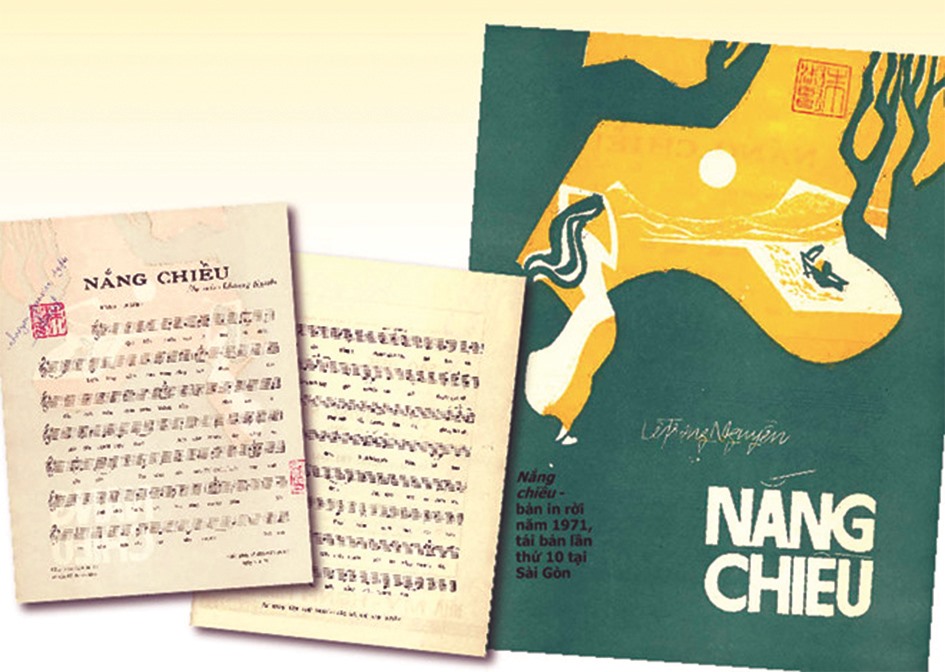
It is difficult to name all the famous musicians or those who have left their mark on/with Quang Nam. From those in the early period of the new music scene (roughly counted from before 1954) such as La Hoi, La Xuan, Duong Minh Ninh, Vuong Gia Khuong... The second generation (roughly counted from before 1975) such as Le Trong Nguyen, Tram Tu Thieng, Lan Dai, Truong Dinh Quang, Hoang Tu My, Phan Huynh Dieu, Dinh Tram Ca, Vu Duc Sao Bien, Dang Van...
Hoi An has a few people who specialize in writing Chinese lyrics for many musicians' songs, such as Diep Truyen Hoa (generation 1), Le Chuong (generation 2)..., who are also worth mentioning. The third generation (temporarily counting after 1975) such as Thuan Yen, Tu Huy, Tran Quang Nam, Minh Duc, Phan Ngoc Minh... Then the current generation such as Tran Que Son, Phuong Tai, Le Cat Trong Ly, Ho Ngoc Phuoc, Mac Ly, Hoang Kim Chi...
1. There are few mature Quang people who have not heard the song “Spring and Youth” (written in 1944) by La Hoi (1920-1945, from Hoi An). It begins with lines like “ A bright day in the new spring life/ My heart is filled with joys of life/ Spring comes with thousands of bright flowers/ I want to pick thousands of roses ”. To end the song with: “ Sing out loud my bright life/ The spring season is glorious with thousands of flowers/ The spring season is peaceful with thousands of songs/ Spring is jubilant… ”.
The entire song (Vietnamese lyrics by poet Thế Lữ) does not contain a single word about the place name, customs or habits of Quang Nam, but not only Quang Nam people, but also music listeners from all over the country can easily agree that “Spring and Youth” always carries the unique qualities of Hoi An culture. Perhaps because of the unique urban and cultural origins of Hoi An that cannot be found anywhere else, and because the natural parallel Vietnamese-Chinese nature in the song is also a unique characteristic.
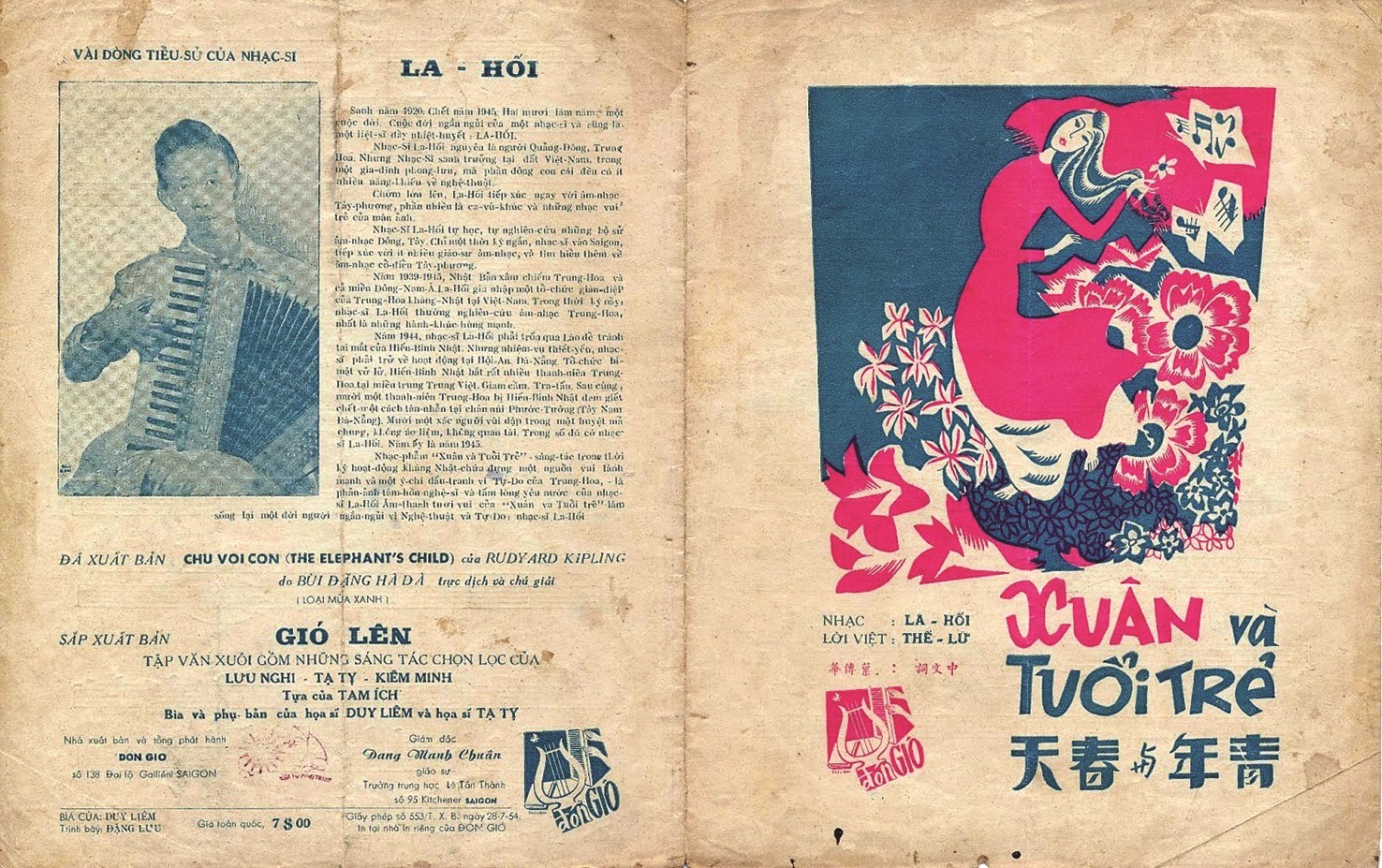
If we consider the most international songs of Quang Nam, it is difficult to find a song that surpasses “Afternoon Sun” (1952) by Le Trong Nguyen (1926-2004, from Dien Ban). “ Passing the old ferry, the leaves and flowers turn in the afternoon/ Coldly and softly sway in the sparse sunlight/ When reaching the end of the village, my feet walk soullessly/ How I miss the person from my childhood days ”.
The entire song does not have any words about Quang Nam, but music listeners still say that listening to “Afternoon Sun” means seeing Quang Nam. In the movie Cyclo (1995) by Tran Anh Hung, this song was also used for a very impressive scene, sung in a very soulful Quang Nam accent.
Before that, through the film of the same name by Le Mong Hoang (1971), “Afternoon Sun” was quite popular in some Asian countries. Then in Japan, Taiwan and Hong Kong… this song was popularized with the name “Vietnam love song”, or “Nam hai love song” with lyrics written by Than Chi. Why does “Afternoon Sun” become Vietnam or Nam hai (Southern sea, Vietnam sea)? Is it because of the unique Vietnamese quality of the song that Vietnam appears? And in the country, this Vietnamese quality is Quang quality.
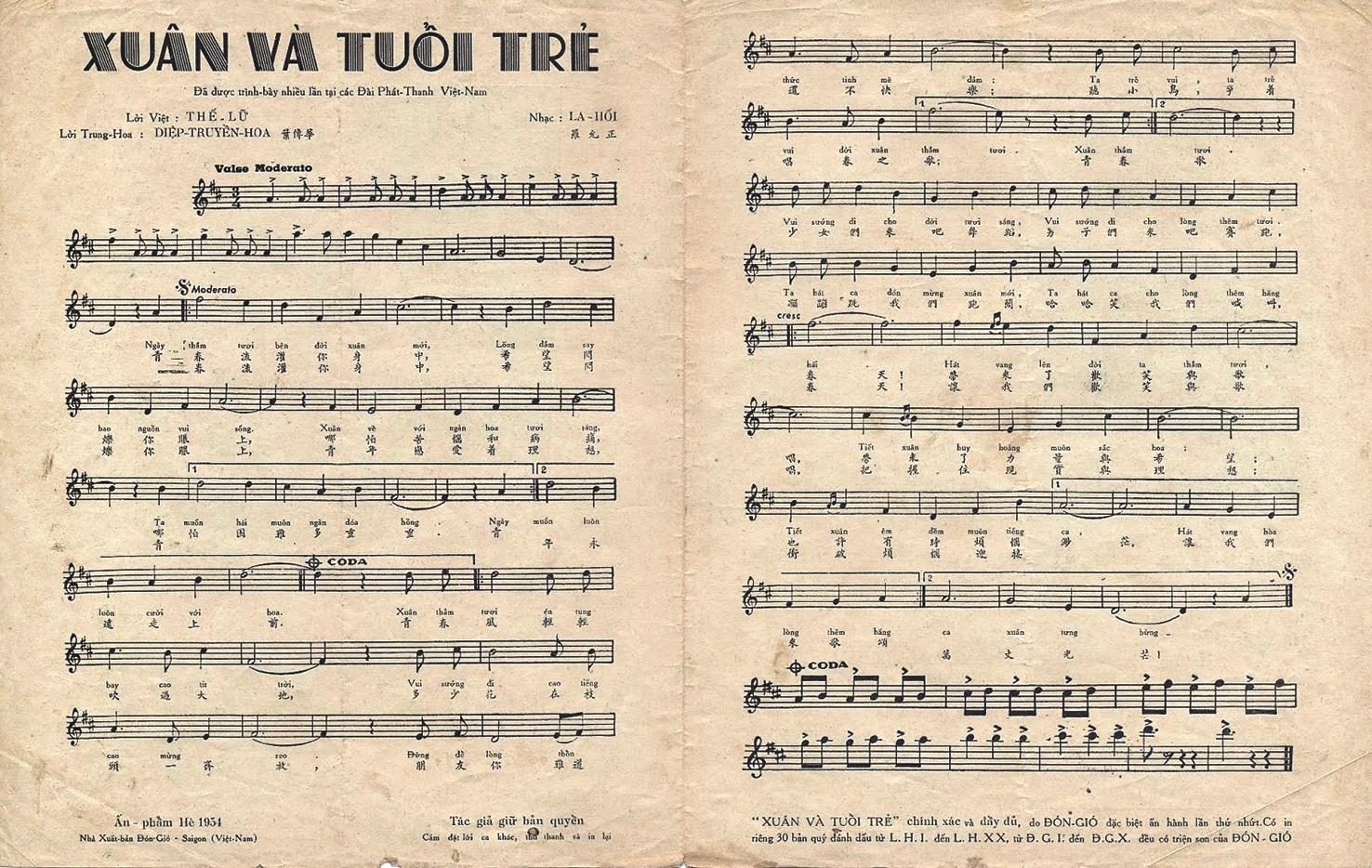
This song is so popular that if you walk into a karaoke bar in Chinese, Japanese, English, Thai and Khmer areas, you will definitely hear someone sing it at least once. In Thailand, this song is tentatively titled Pleng Ruk Talay Taii, but it is unclear who wrote the lyrics.
In English, it is Evening-Sunshine, originally sung by Satsuki Midori in the early 1960s. If you go to Taiwan, Hong Kong, Shanghai... or go to record stores in Cho Lon (Ho Chi Minh City), you can buy a CD with the song Vietnam Love Song performed very well by famous Taiwanese singer Phi Ngoc Thanh (born 1955).
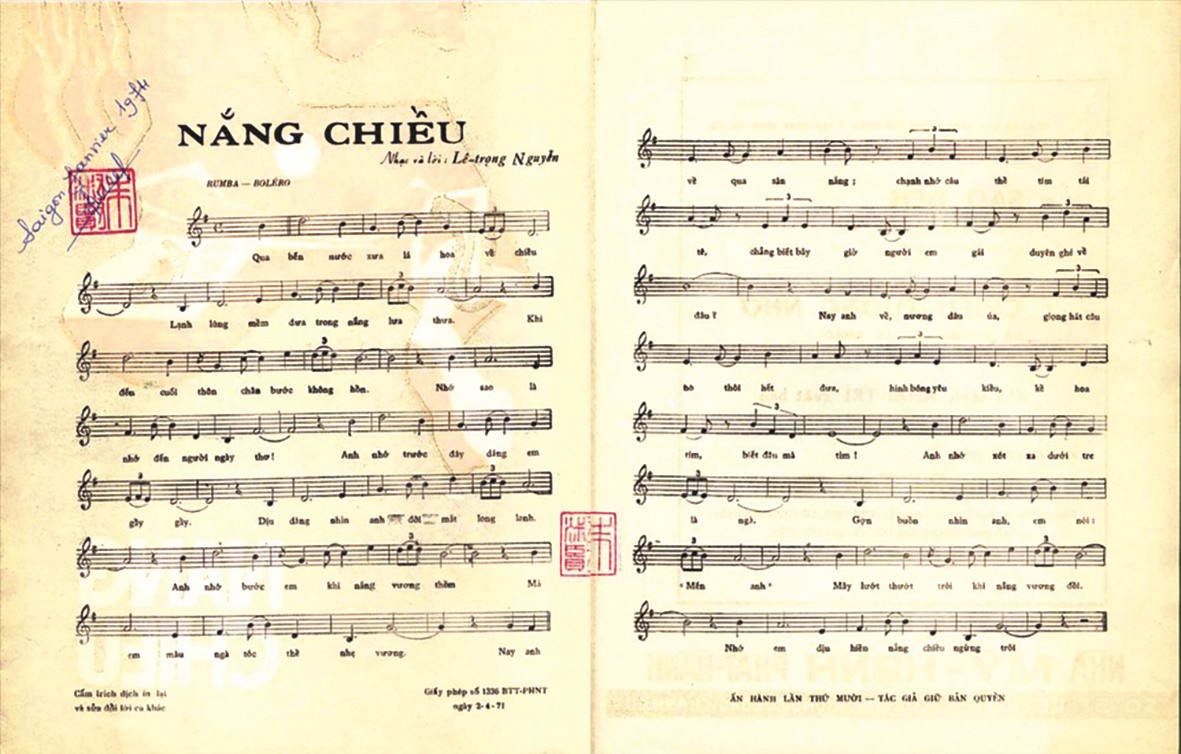
2. It is difficult for a Quang person to write well about Quang, but it is even more difficult for a person from another place to write well and be loved by Quang people. When a person from another place writes, even if the song has the place name, customs, etc. of Quang, it can still be classified as an indirect reference, because when writing about another place, naming to locate is almost mandatory, otherwise it is very difficult to recognize the unique flavor.
The song “Tinh em xu Quang” by Tran Ngoc (born 1943, from Son Tay, now Hanoi) is a vivid example of this “going against the current”. “ I came back to the place of Quang to visit my Hoi An girlfriend/ The Thu Bon River flows slowly/ The road to Cau Pagoda is covered with sad rain/ The green pine forest is soaked with rain on the lips” .
Or the song “Thu Bon oi!” by Le Anh (born 1937, Quang Tri) is similar. “Who named the river like your name that goes into my memories/ The river of my hometown is as soft as silk, I always call/ Always call Thu Bon, always call Thu Bon”.
Tran Ngoc, Le Anh, and Doan Nho (born 1933, Hanoi) with the song “Quang Nam Mother”, they only visited Quang Nam a couple of times, but had a deep impression and so composed successfully. Many musicians who specialize in writing “local songs” admit that there are many places where you can’t write anything, while there are some places where you can only visit once or twice and still have enough impression and emotion.
Any comparison in art and creativity is extremely lame. But for example, if we compare the 3 songs mentioned above with “Quang Nam Yeu Thuong” by Phan Huynh Dieu (1924-2015), “Que huong tuoi tho toi” by Tu Huy (1948-2006), “Tinh que” by Tran Que Son (born in 1972)… we will see a clear difference in the atmosphere and quality of direct and indirect music writing.
The depth, description, local sound, and hometown sentiment are also different. But above all, the listeners - including Quang people - benefit the most, because they get to listen to different music and love Quang with its own flavors. The common point of dozens of successful songs about Quang - whether directly or indirectly - is that just by listening to the music, you can feel Quang. But if it is not talented or excellent, then what can you call it?
Source


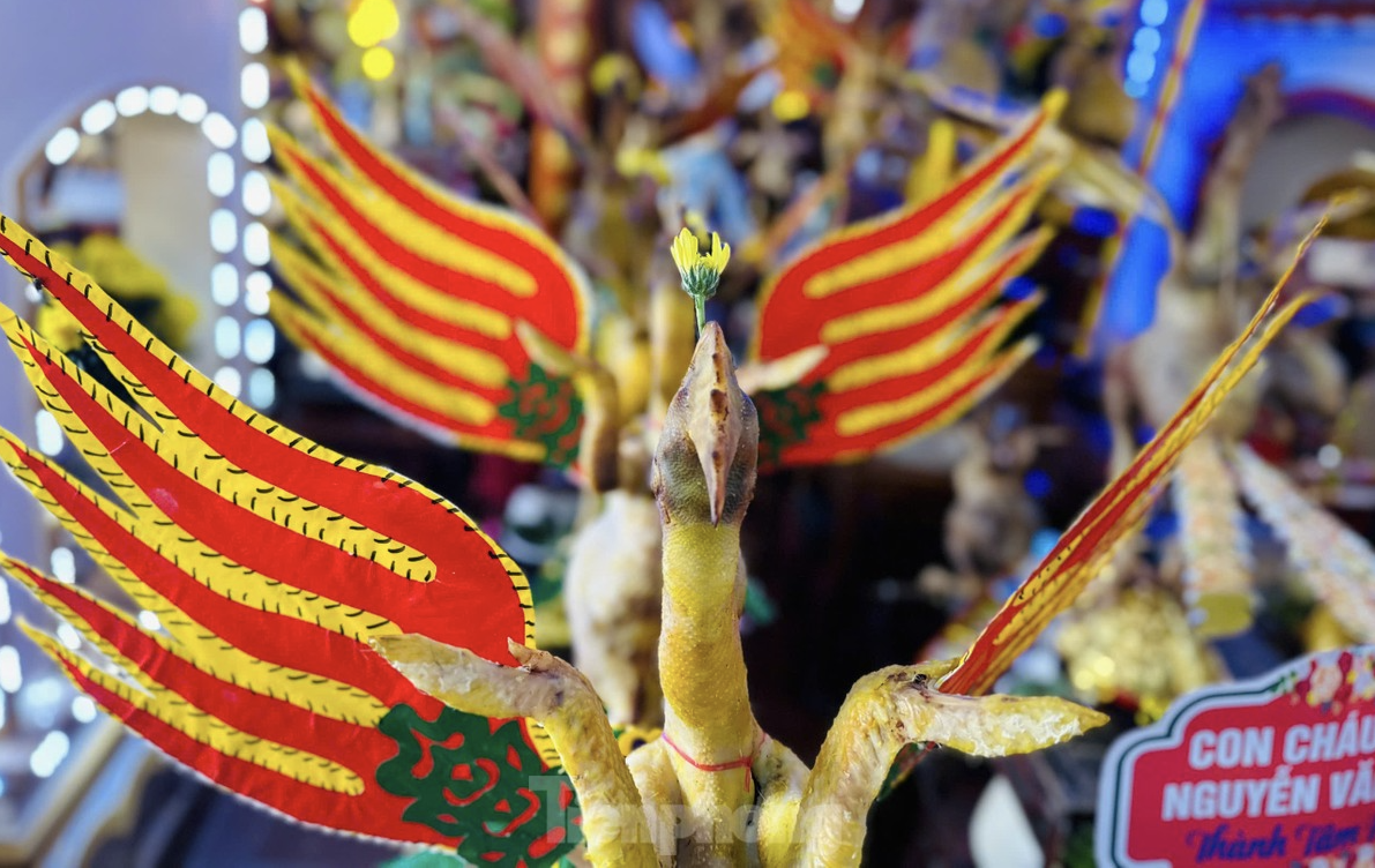
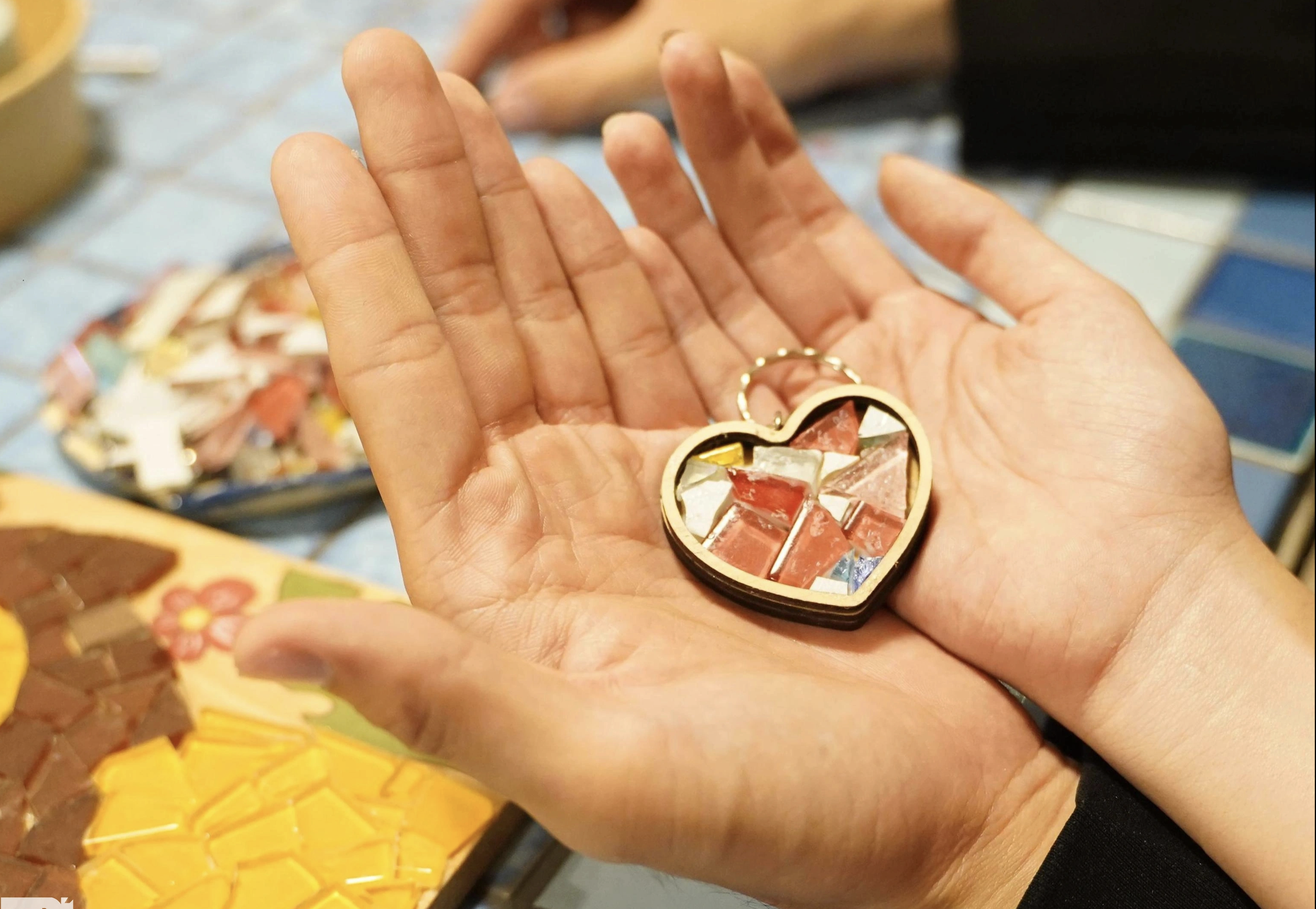


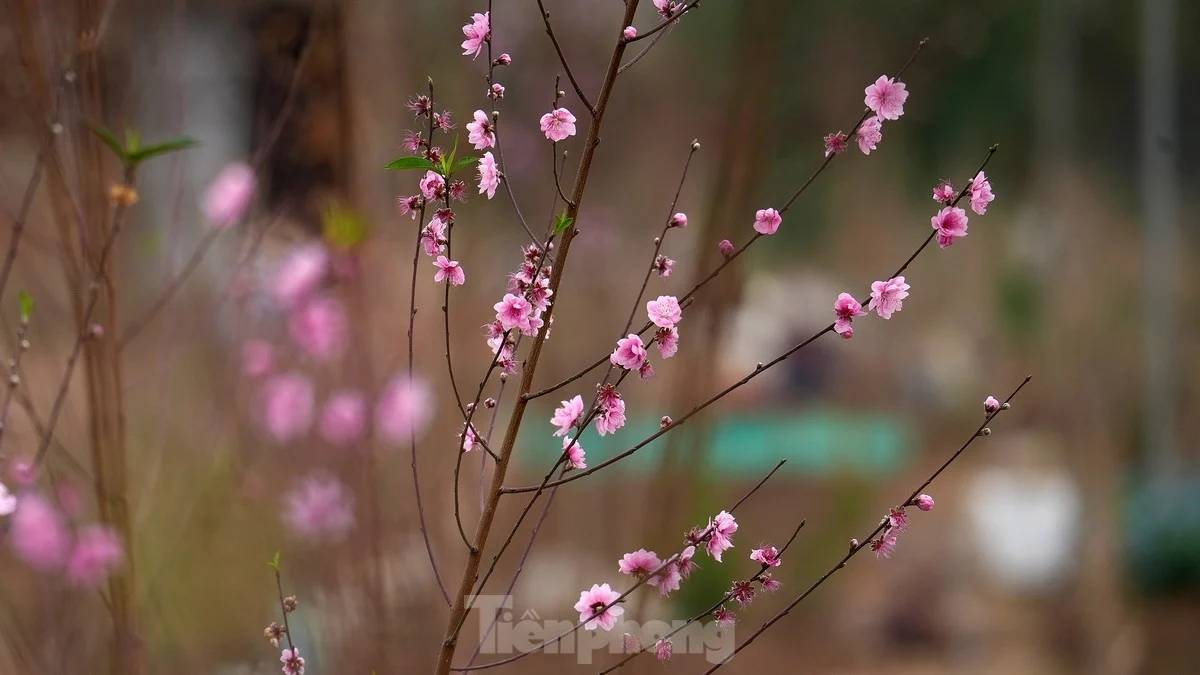
































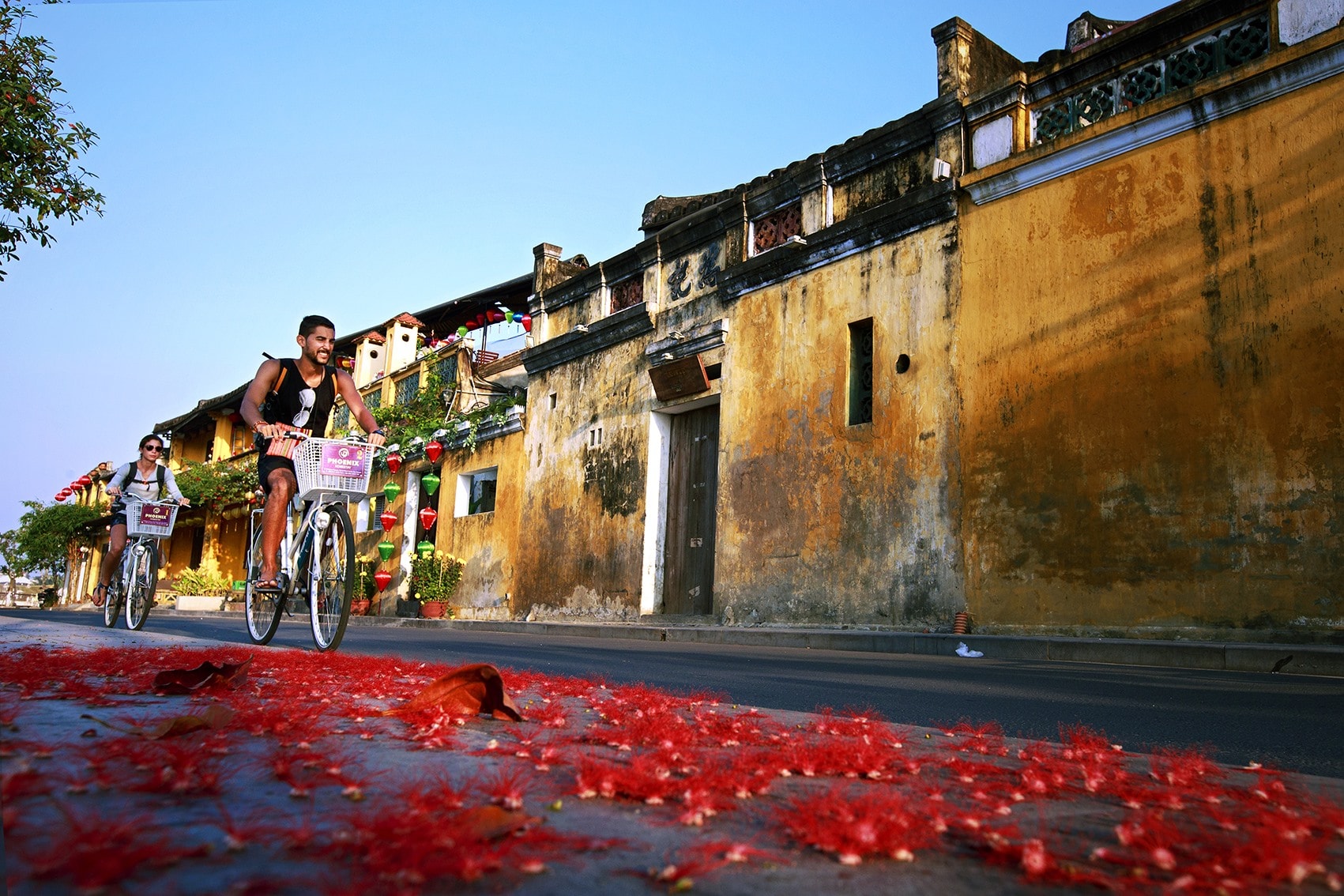
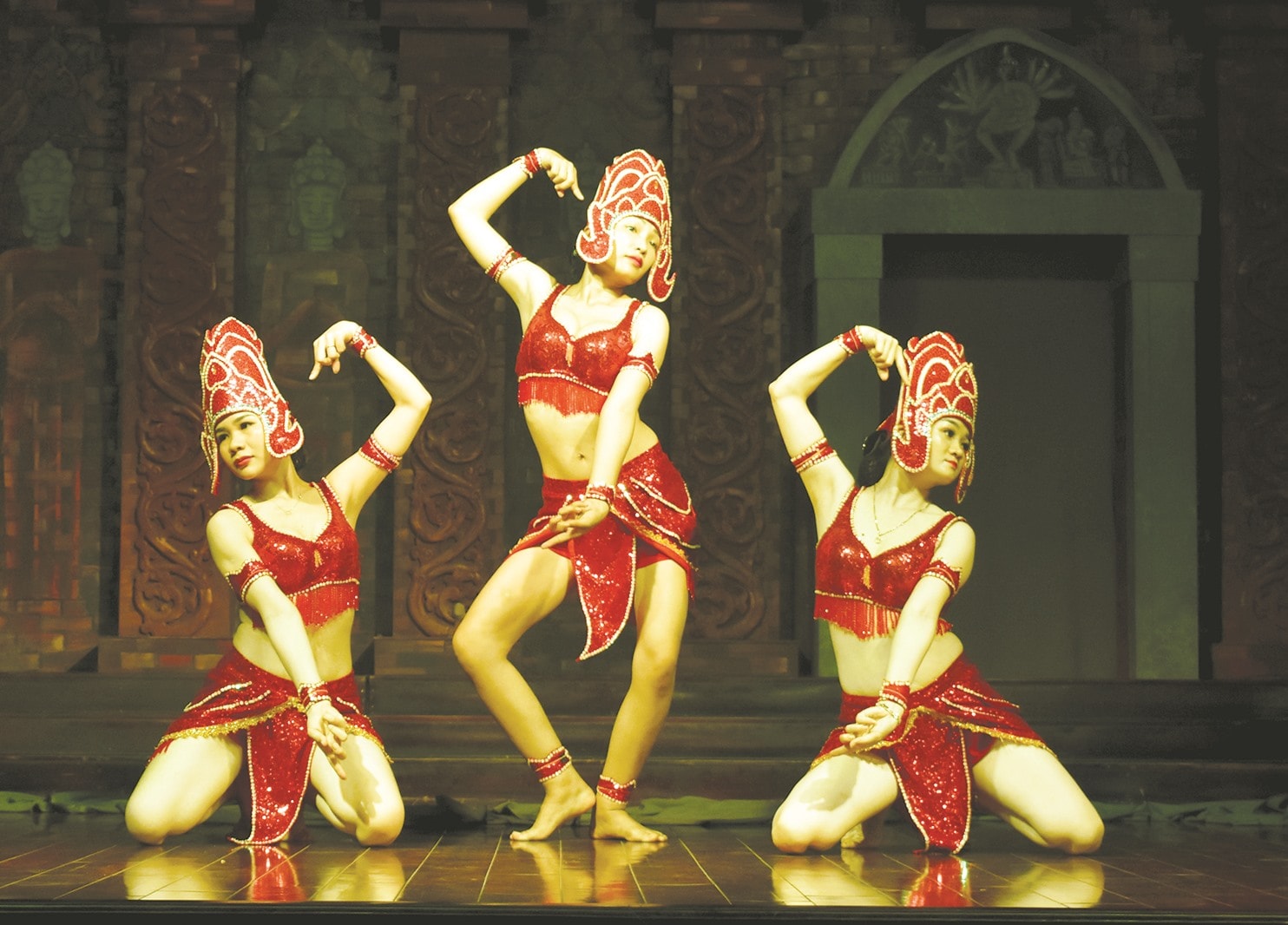
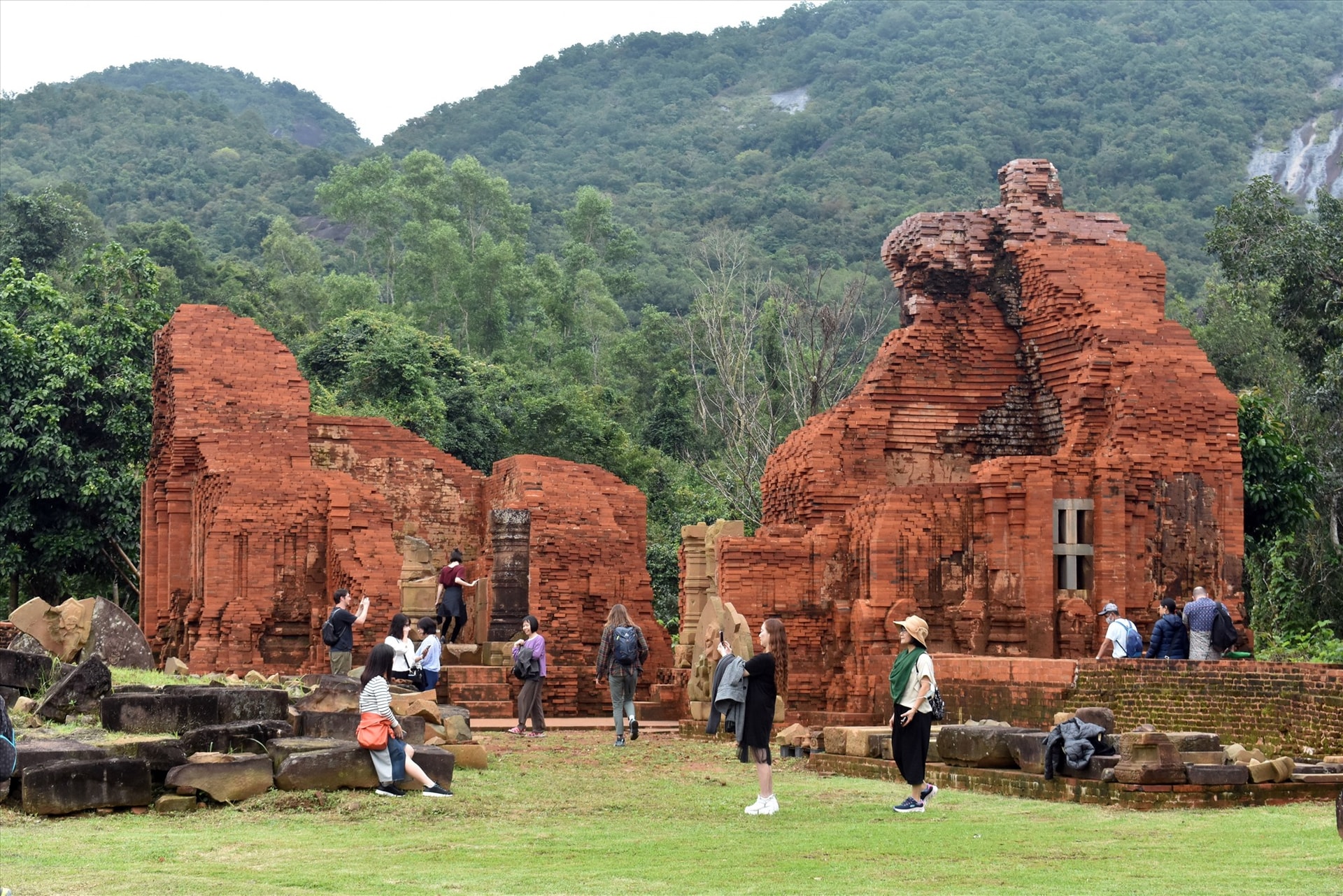















Comment (0)